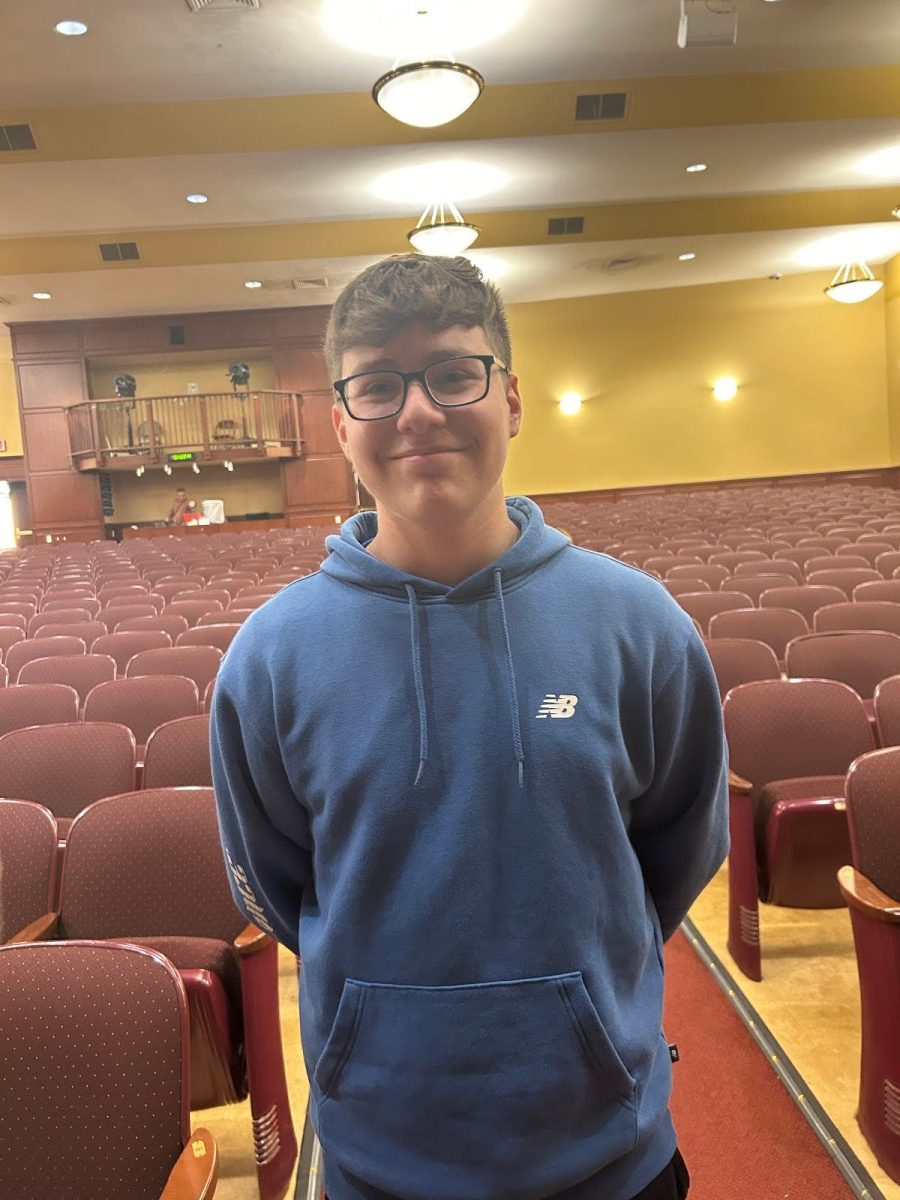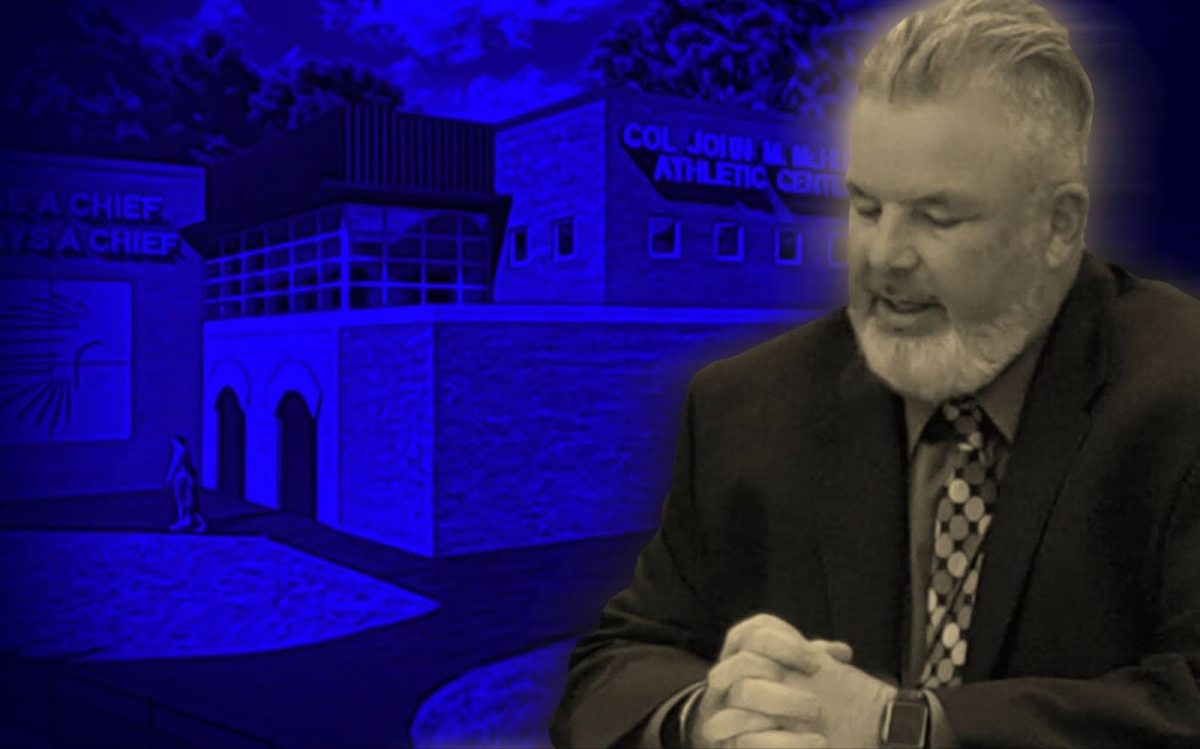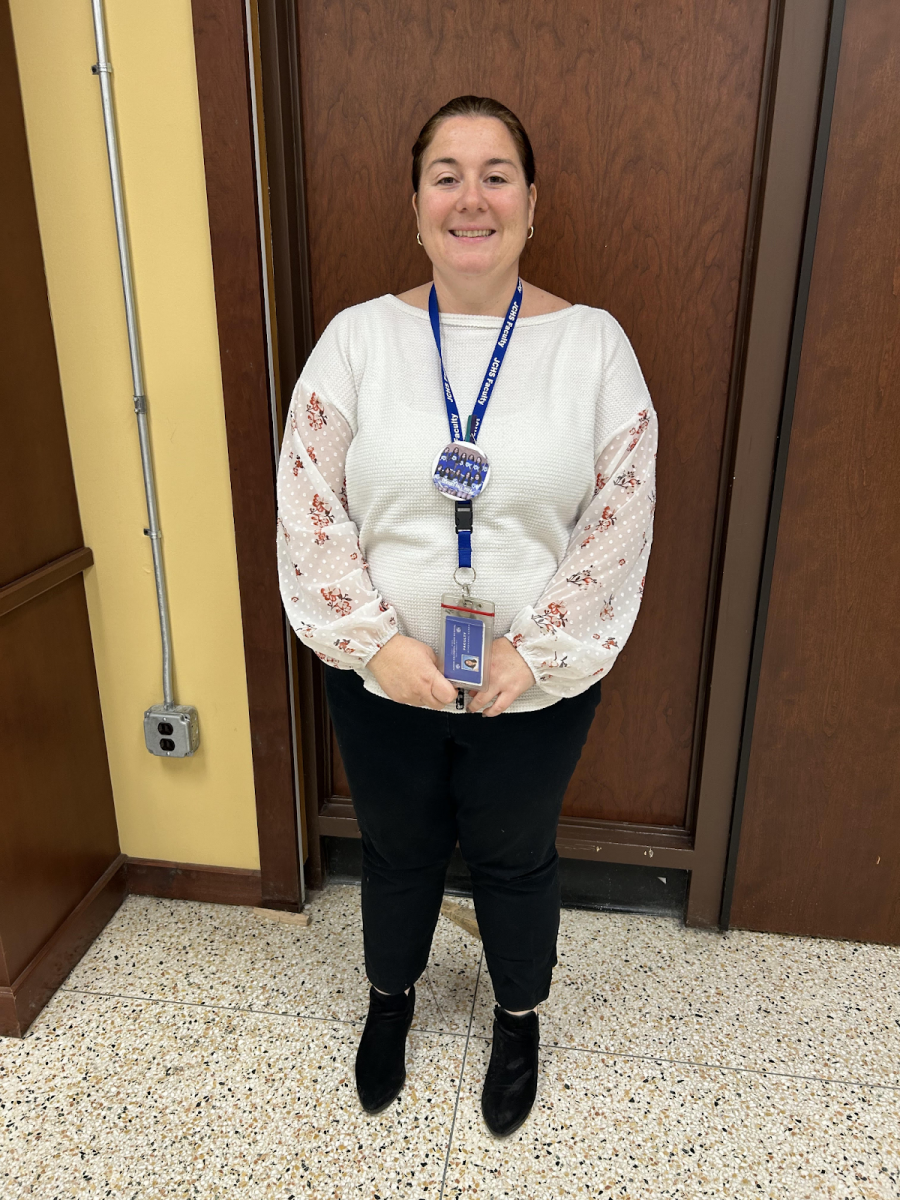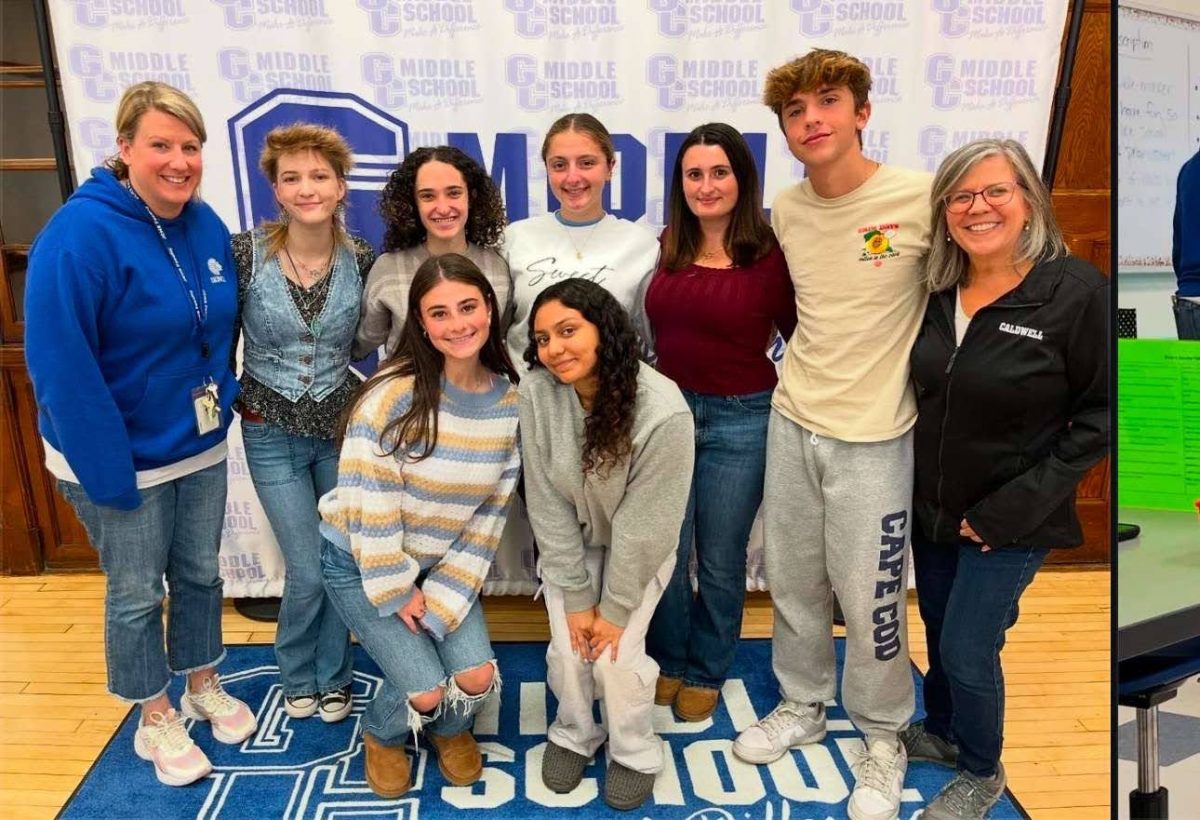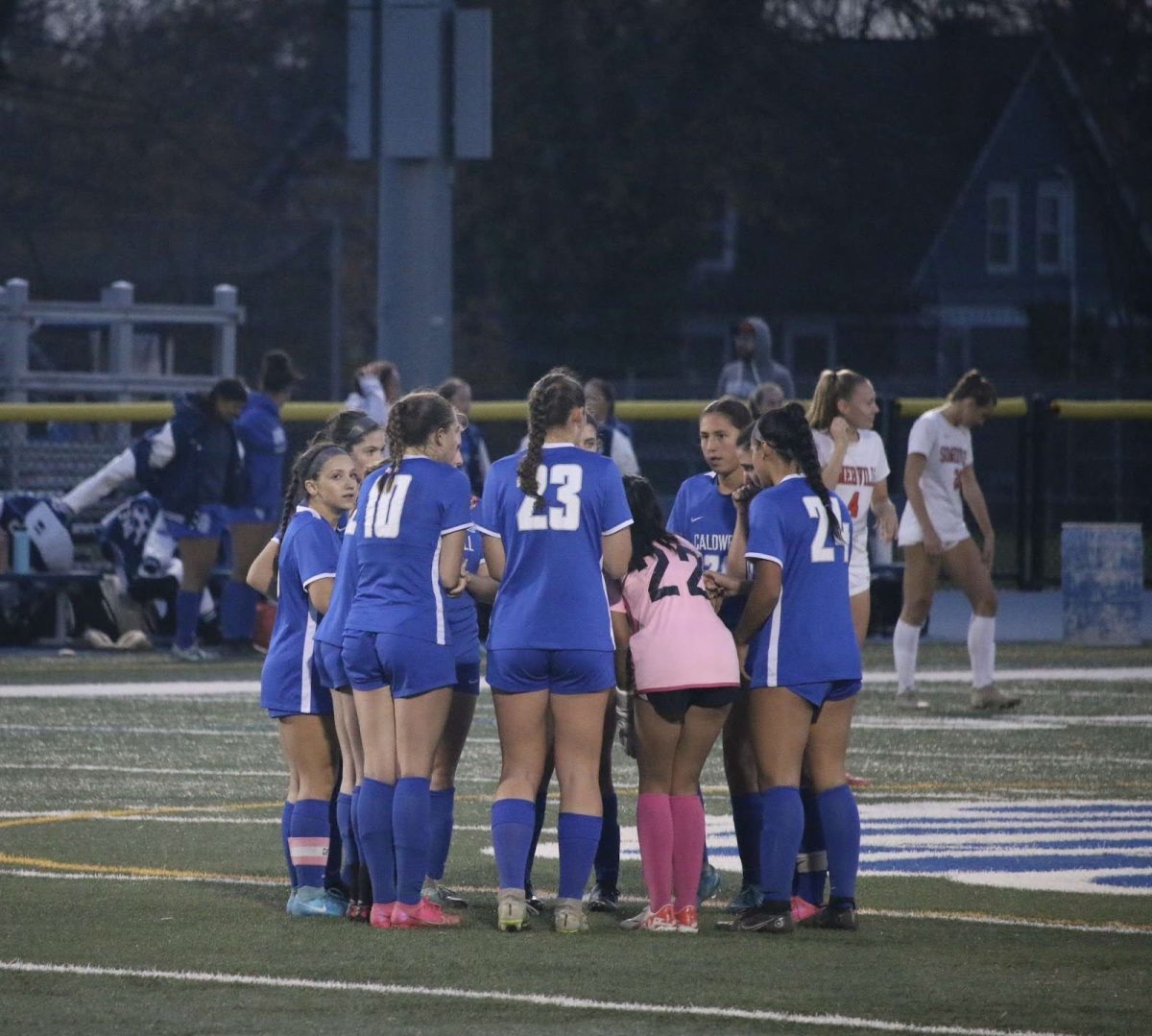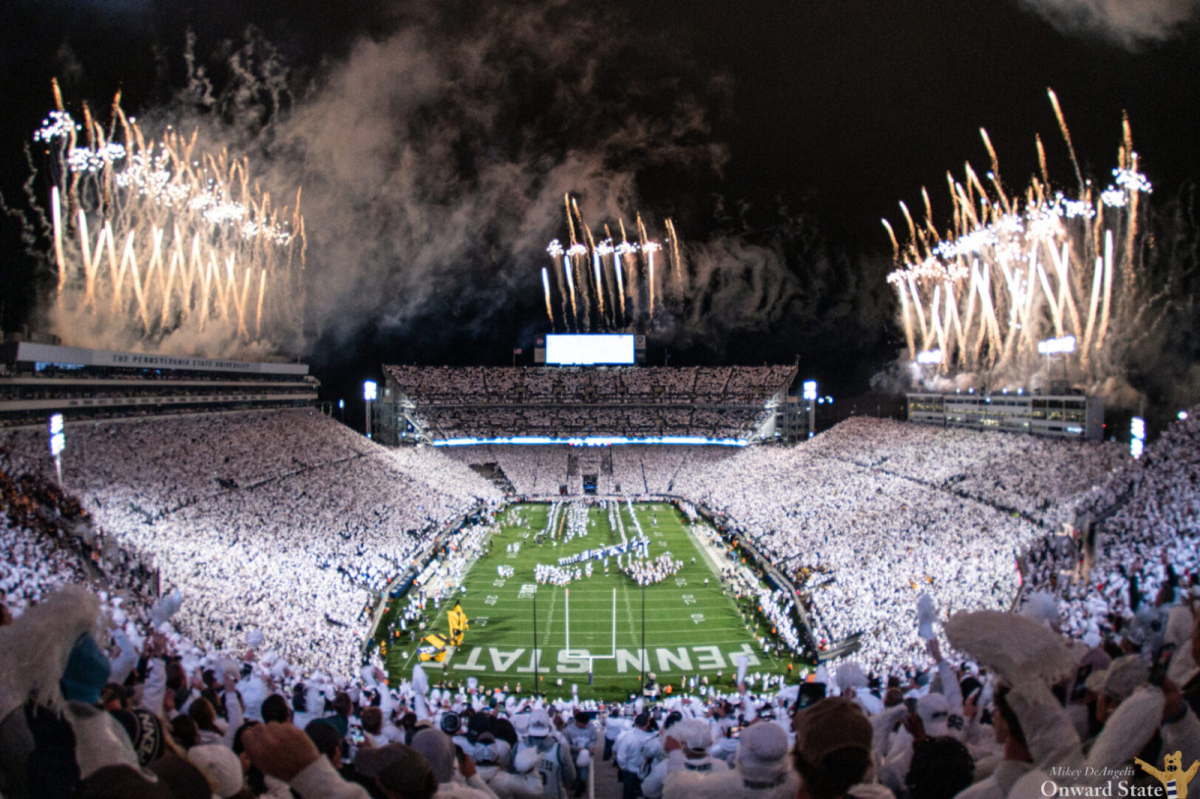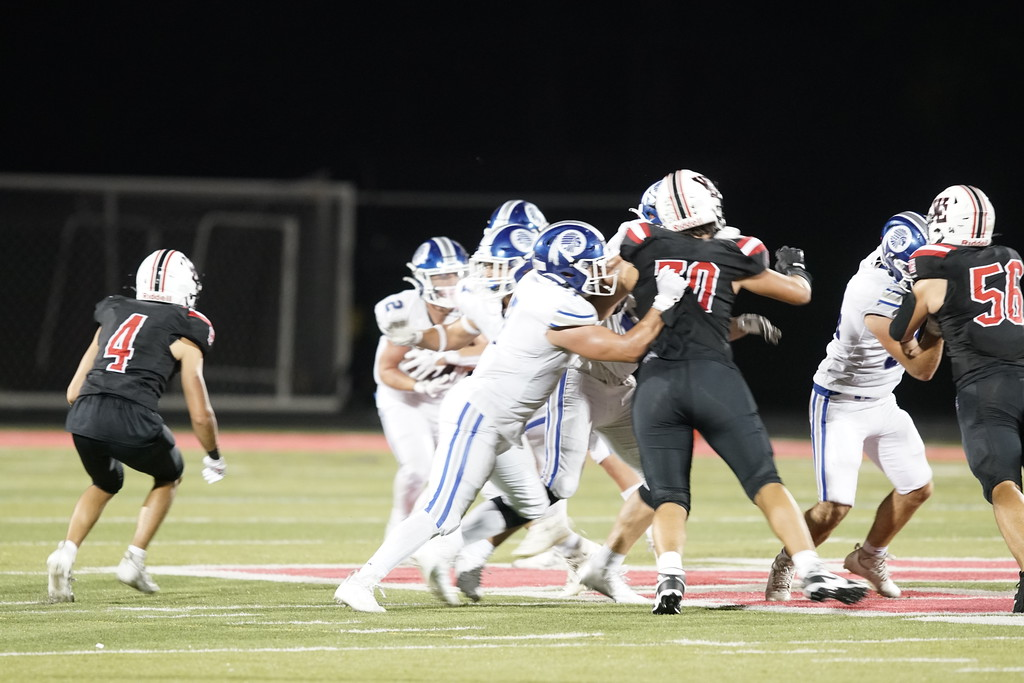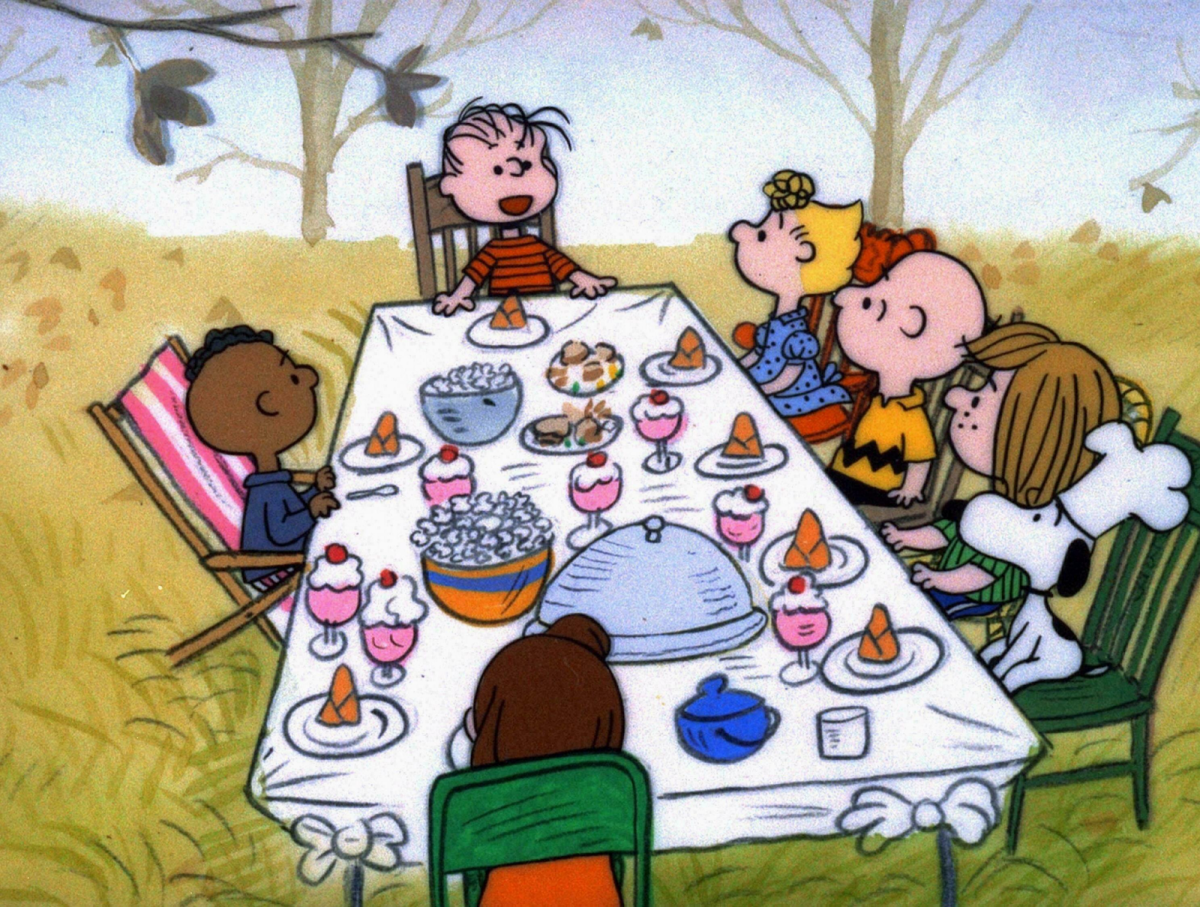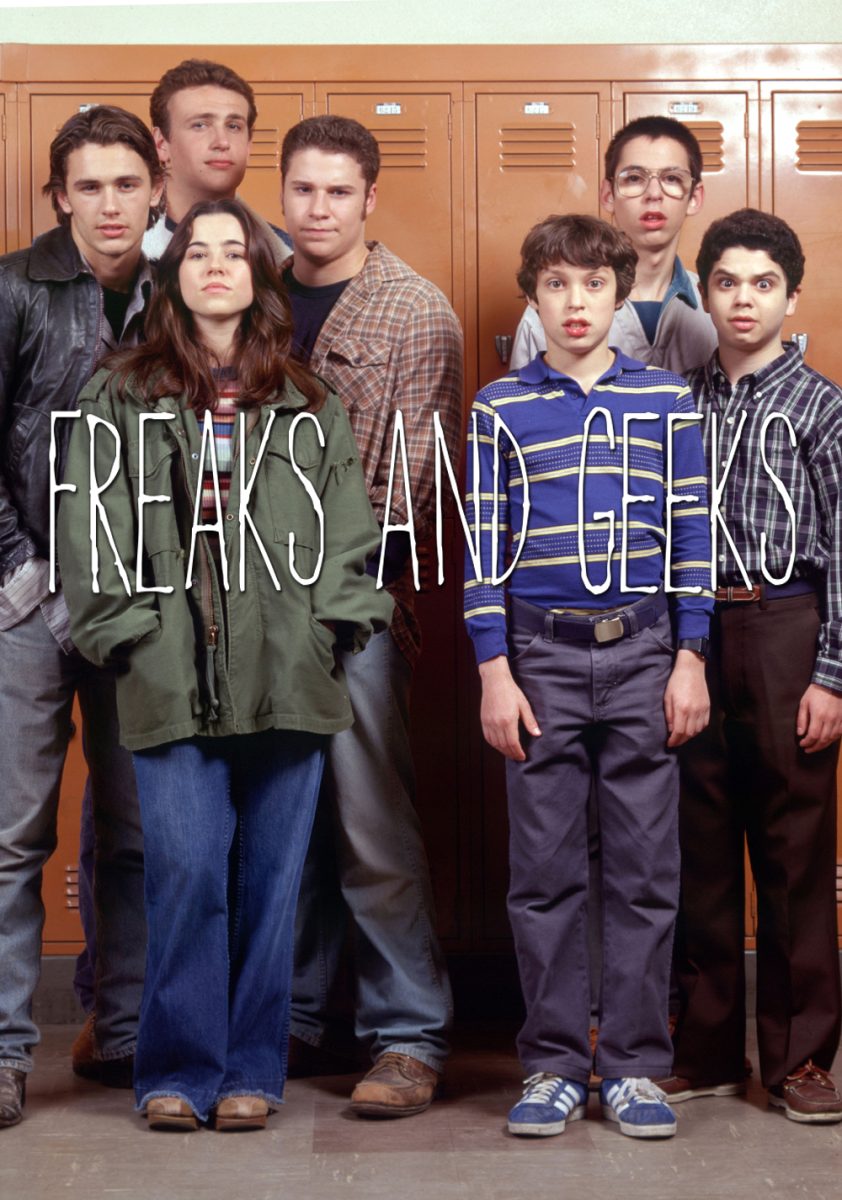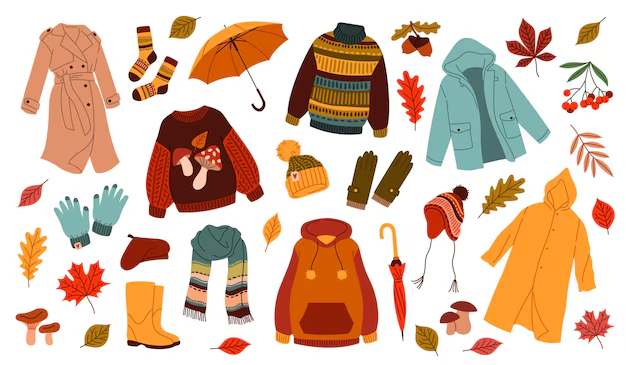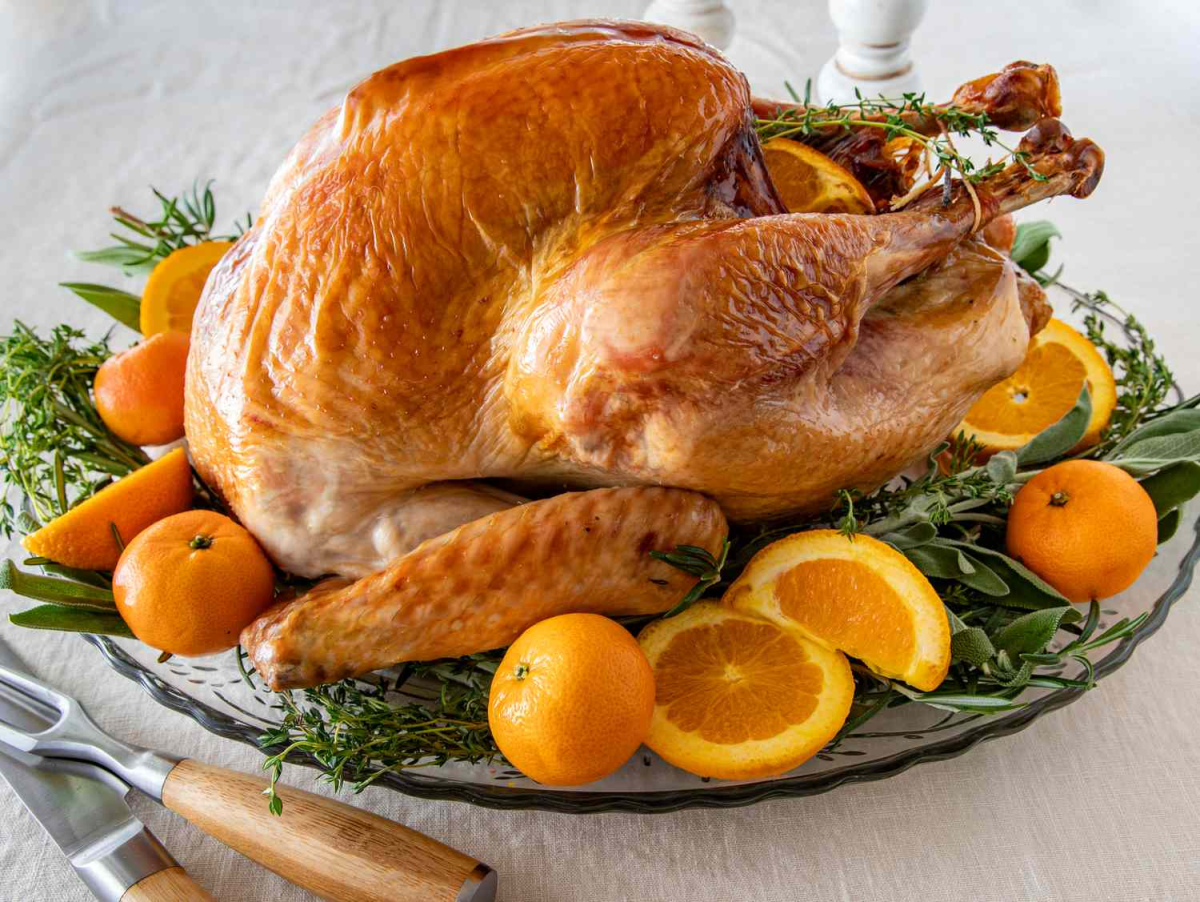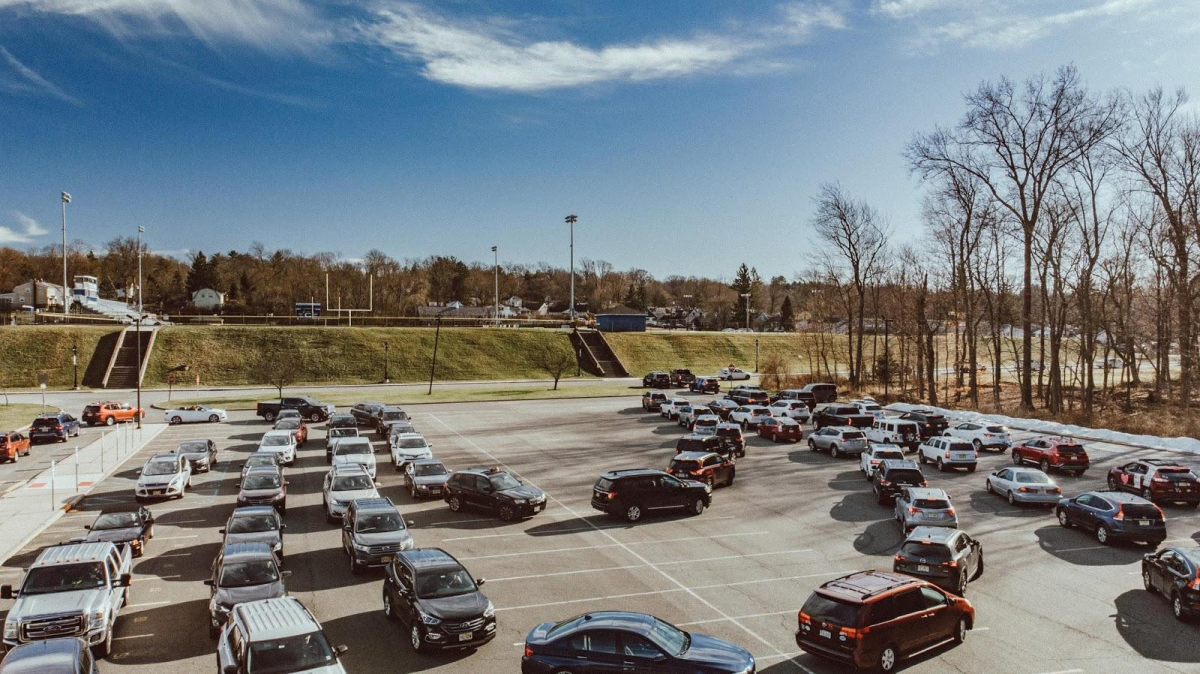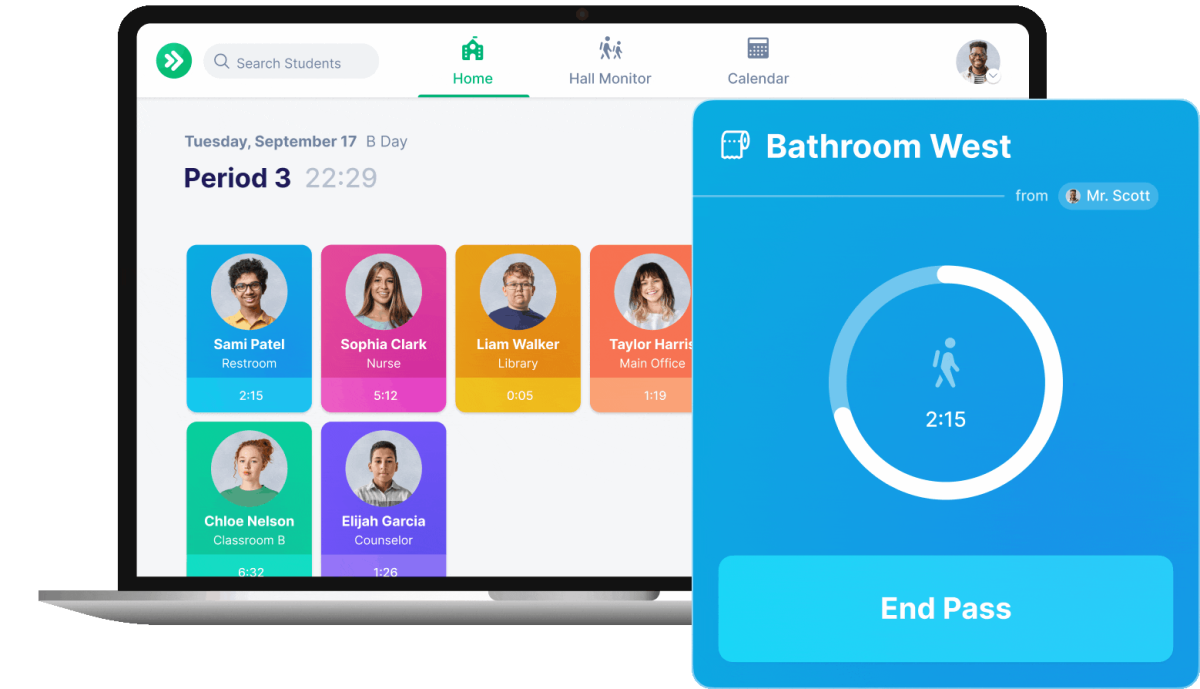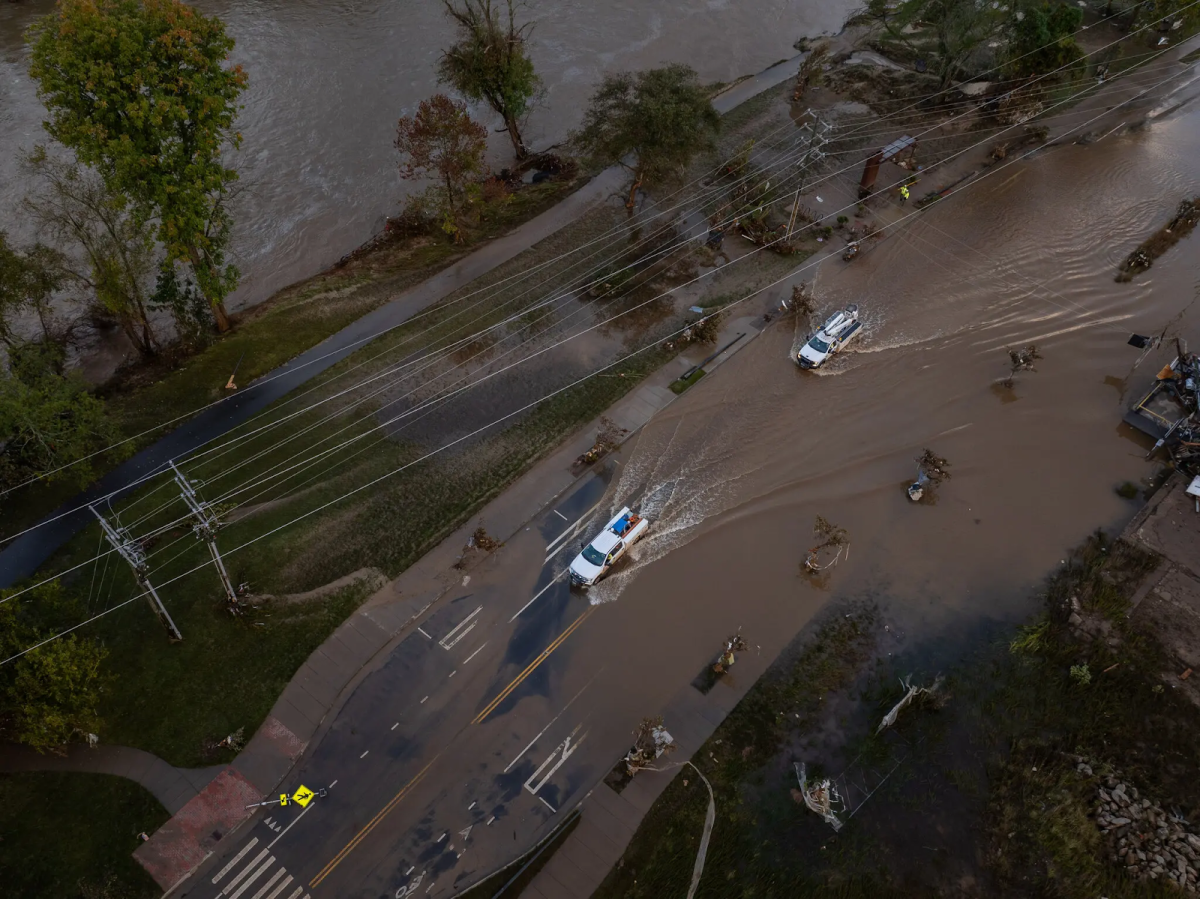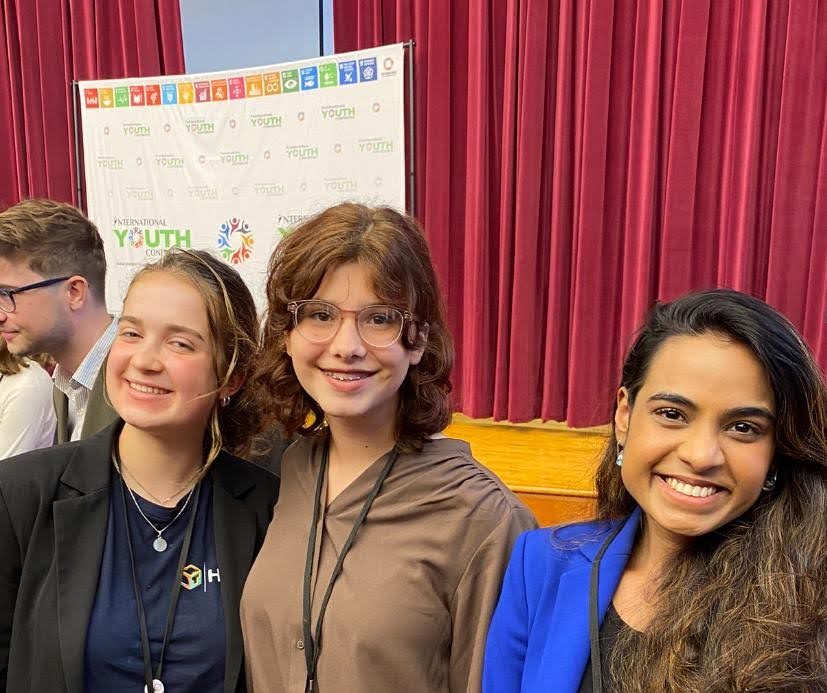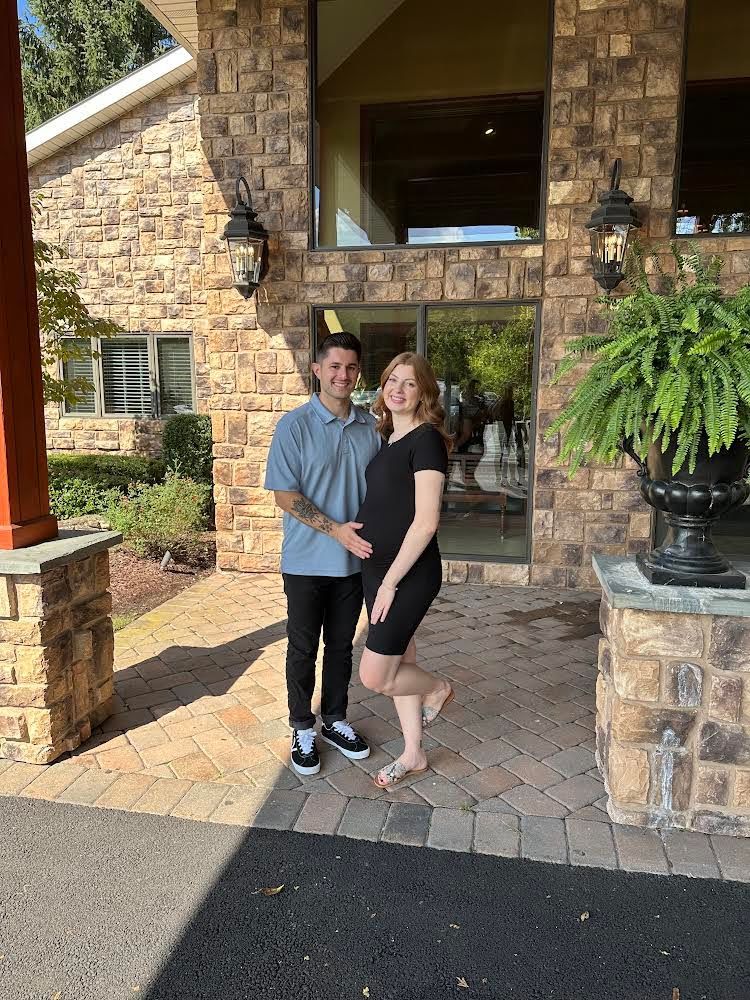When you think of Thanksgiving, what comes to mind? For many, its family. During the month of November, families and friends join together to celebrate being grateful. Filled with fun festivities, traditional food, and family, Thanksgiving is a pleasurable day. Well, for most. Our frontline workers, including staff in retail, restaurants, warehouses, hospitals and health clinics, don’t always get to spend Thanksgiving with the ones they love the most.

JCHS Senior, Natalie Reyes, talks about her Stepmom, an RN nurse at Englewood Hospital in the ER, who works on Thanksgiving. When I talked to Natalie she shared, “I would definitely say that it’s weird, because the rest of the family is there and her absence makes a difference, Thanksgiving is her second favorite holiday before Christmas, and I know that she loves to hang out with the family — my sisters are still growing up and I know she wants to be a part of it. But her job is demanding, and there is a staff shortage. She’s missing out on our lives, and she feels really guilty for it. My sisters will come home and talk about how the whole family was there, and she just feels left out — we’re so used to it, but she isn’t. Putting it into perspective now, I never realized how sad it was. She does feel really sad. If she doesn’t take Thanksgiving, she has to take Christmas. So it’s almost like she’s fighting for at least one holiday off”.
As explained above, due to the demand of frontline workers on holidays, for some families, it feels as if a huge piece is missing. Not only at the dinner table, but in their hearts. Yet for some, there are advantages to working on the holiday.

Jill Ascione, my aunt and RN nurse at Saint Luke’s Hospital in Bethlehem, PA, shares with us her thoughts. When asked, “Why do you want to work on Thanksgiving?” her response included, “I wouldn’t say I want to work on Thanksgiving, but I certainly don’t mind it either. The biggest benefit is getting paid time and a half for working the holiday.” I questioned if she missed her family, or spending time with them during this holiday, to which her reply was simple. “To me, the holidays are mostly just like any other day. The expectation is that everyone will be together for the holidays but it’s easy enough to get together on another day.” Furthermore, she stated, “Actually, no, I don’t feel like I’m missing out. My hospital census is generally full, holidays don’t really change that.”
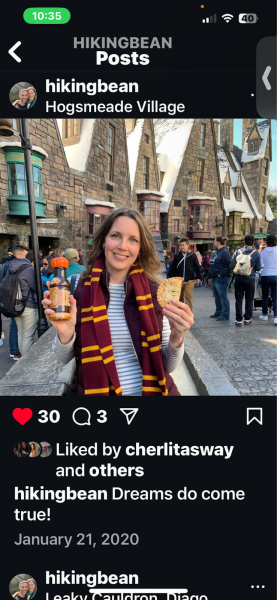
All and all, we get both sides of the story from those who have worked in frontline positions, or have family in such positions. While most definitely don’t prefer it, it’s what keeps the food on the table, and can be manageable. However, just because it’s something that can be managed,it shouldn’t make us any less thankful for the people who are there when we need them most. Our frontline workers are what keeps us a whole as a society, and should be appreciated every day, not just on a holiday.

